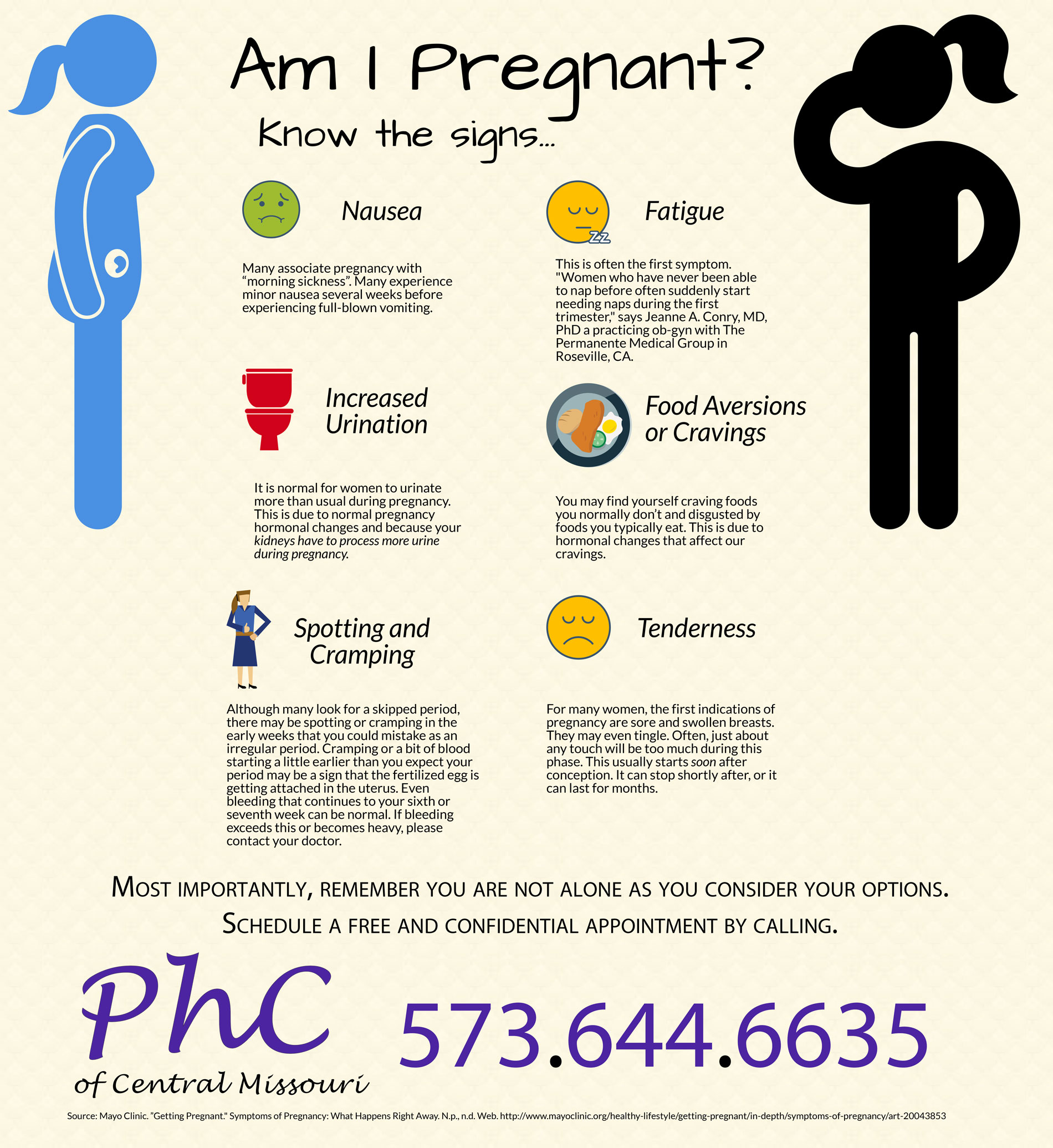
Pregnancy Symptoms: A Comprehensive Guide to Conception and Beyond
Pregnancy is a transformative journey that brings about a myriad of physical, emotional, and hormonal changes in a woman’s body. Understanding the symptoms of pregnancy can help you navigate this exciting time with confidence and prepare for the arrival of your little one.
Conception: The Beginning of Pregnancy
Conception occurs when a sperm fertilizes an egg, creating a zygote. This microscopic ball of cells then travels through the fallopian tube and implants itself in the lining of the uterus, a process known as implantation.
Early Pregnancy Symptoms
- Missed period: This is often the first and most noticeable sign of pregnancy. If you are regularly menstruating and miss your period, it’s worth taking a pregnancy test.
- Tender breasts: Hormonal changes can cause your breasts to become sore, swollen, and sensitive.
- Nausea and vomiting (morning sickness): This common symptom typically starts around week 6 of pregnancy and can last until week 12 or beyond.
- Fatigue: Increased levels of the hormone progesterone can make you feel tired and sluggish.
- Frequent urination: As your uterus grows, it puts pressure on your bladder, causing you to urinate more frequently.
- Bloating: Hormonal changes can lead to bloating and gas.
- Implantation bleeding: Some women experience light spotting or bleeding around the time of implantation, which occurs about 10-14 days after conception.
First Trimester Symptoms (Weeks 0-12)
- Morning sickness: This symptom may persist or worsen during the first trimester.
- Breast tenderness: Your breasts may continue to be sore and sensitive.
- Fatigue: You may still feel tired and sluggish.
- Frequent urination: As your uterus grows, it continues to put pressure on your bladder.
- Constipation: Hormonal changes can slow down your digestive system, leading to constipation.
- Mood swings: Hormonal fluctuations can cause mood swings and irritability.
- Weight gain: You may gain a few pounds during the first trimester.
- Darkening of the areolas: The area around your nipples may become darker.
Second Trimester Symptoms (Weeks 13-27)
- Increased energy: Morning sickness usually subsides, and you may feel more energetic.
- Fetal movement: You may start to feel your baby move around in your belly.
- Breast enlargement: Your breasts continue to grow and prepare for breastfeeding.
- Weight gain: You may gain more weight during the second trimester.
- Stretch marks: As your belly expands, you may develop stretch marks on your abdomen, thighs, or breasts.
- Varicose veins: Hormonal changes can cause varicose veins to develop on your legs.
- Heartburn: As your uterus grows, it can push up against your stomach, causing heartburn.
- Constipation: Hormonal changes can still slow down your digestive system.
Third Trimester Symptoms (Weeks 28-40)
- Increased fetal movement: Your baby’s movements become stronger and more frequent.
- Weight gain: You may gain more weight during the third trimester.
- Swelling: Your feet, ankles, and hands may swell due to increased fluid retention.
- Frequent urination: As your uterus continues to grow, it puts more pressure on your bladder.
- Shortness of breath: Your growing uterus can push up against your lungs, making it harder to breathe.
- Back pain: The weight of your belly can strain your back.
- Insomnia: It may be difficult to find a comfortable sleeping position as your belly gets bigger.
- Hemorrhoids: Increased pressure on your veins can cause hemorrhoids to develop.
Symptoms That Warrant Medical Attention
While most pregnancy symptoms are normal, there are certain symptoms that require medical attention:
- Vaginal bleeding: Any vaginal bleeding during pregnancy should be evaluated by a healthcare professional.
- Severe pain: Sudden or severe abdominal pain can indicate a medical emergency.
- High fever: A fever of 101 degrees Fahrenheit or higher can be harmful to both you and your baby.
- Headaches: Severe or persistent headaches can be a sign of preeclampsia.
- Blurred vision: Sudden changes in vision can indicate preeclampsia.
- Swelling in your face or hands: Excessive swelling can be a sign of preeclampsia.
- Leaking amniotic fluid: If you notice a clear or yellowish fluid leaking from your vagina, it could be a sign of premature rupture of membranes (PROM).
Conclusion
Pregnancy is a journey filled with both joys and challenges. Understanding the symptoms of pregnancy can help you navigate this transformative time with confidence and prepare for the arrival of your little one. If you experience any concerning symptoms, don’t hesitate to seek medical attention. By being aware of your body’s changes and communicating with your healthcare provider, you can ensure a healthy and fulfilling pregnancy.